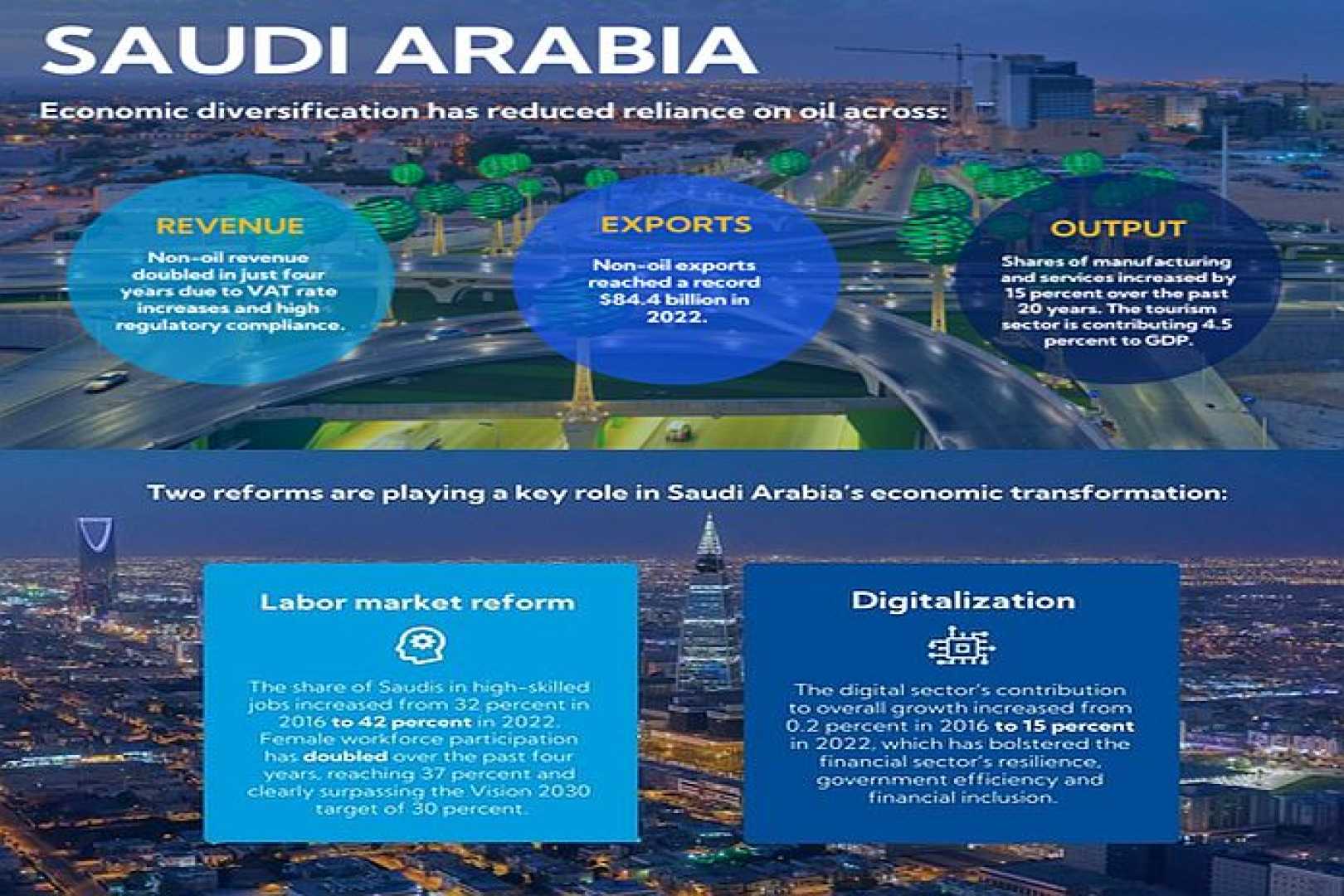Business
Saudi Arabia’s Economy Still Depends on Oil Despite Diversification Efforts

RIYADH, Saudi Arabia — Nearly ten years after Saudi Arabia’s Crown Prince Mohammed bin Salman (MBS) claimed the kingdom would thrive without oil by 2020, the country remains heavily reliant on oil revenues. This reality contradicts MBS’s aspirations to diversify the economy, as recent data shows an increase in dependence on petrodollars.
Despite significant investments aimed at reducing this reliance, key economic indicators suggest little progress. Recent statistics indicate that Saudi Arabia’s fiscal breakeven oil price has climbed to $96 per barrel, surpassing figures from a decade ago. When incorporating local investments from the Public Investment Fund, this figure rises to $113, a concerning trend as the average Brent crude price hovered around $76.50 since the start of 2024.
“The core aim of Vision 2030 is to cut oil dependence,” said Ziad Daoud, chief emerging markets economist at Bloomberg Economics. Yet, he added, “the kingdom has become more reliant on oil.” Daoud noted that the government’s requirement for a higher crude price to balance its current account highlights the challenges of shifting away from oil.
Government officials have historically upped spending during times of high oil prices, a strategy that undermines efforts to minimize oil reliance. Finance Minister Mohammed Al-Jadaan has publicly stated that the ministry does not “even look at the oil price” anymore. Nonetheless, roughly 60% of government revenue and more than 65% of exports still come from oil.
In a move to manage its budget, finance officials announced plans to cut spending in 2025 after exceeding fiscal targets the previous year. This statement was linked to expenditures on major projects like Neom and a massive skyscraper in Riyadh.
A finance ministry spokesperson reaffirmed the government’s commitment to its Vision 2030 agenda despite economic pressures. “The structural transformation of the Saudi economy is not a short-term project. It is a generational endeavor that is already delivering measurable progress across key sectors,” the spokesperson said. Currently, the non-oil economy has experienced over 4.5% growth in the first quarter, contributing significantly to the country’s GDP.
Despite the growth in the non-oil sector, fiscal challenges persist. The kingdom has faced fiscal deficits for more than two years, largely due to increased expenditures. Monica Malik, chief economist at Abu Dhabi Commercial Bank PJSC, advised that a cautious fiscal stance is warranted, as the kingdom’s fiscal buffers could be quickly depleted.












